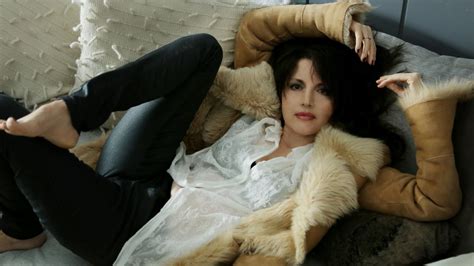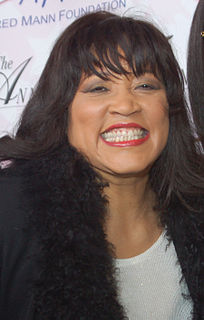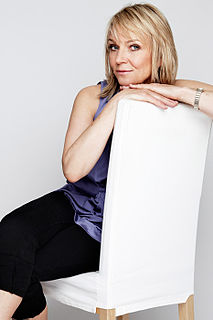A Quote by Annie Dillard
I work mornings only. I go out to lunch. Afternoons I play with the baby, walk with my husband, or shovel mail.
Related Quotes
In real life I'm not the character I play in my films. I'm reasonably competent, I work very hard, I'm disciplined, I lead a very middle class life. I work in the mornings, I have lunch, I practise my clarinet, I go to the movies, I eat out in restaurants or watch ball games on television or at the ball games.
For years, I worked seven-day weeks, through birthdays and most public holidays, Christmases and New Year’s Eves included. I worked mornings and afternoons, resuming work after dinner. I remember feeling as if life were a protracted exercise in pulling myself out of a well by a rope, and that rope was work.
If I had a row with my husband, it's not going to work my saying, 'Right, if you don't do what I want, I'm going to walk out.' It doesn't work on any level. What you do is you go in and you say, 'I have a problem. You have a problem. Let's try and sort this out together.' You don't come to an agreement with people who you're falling out with badly.
I had my daughter by C-section, so knew when and where she was going to be born. I got freakishly organized and prepared a group e-mail birth announcement. Unfortunately, I accidentally pressed Send All. I then had to send another e-mail saying, "I'm really sorry but I haven't actually had the baby yet." Then, when I actually did have the baby, I felt too embarrassed to send another e-mail saying, "I've definitely had the baby now."
In Nepal, the phenomenon is reversed. Time is a stick of incense that burns without being consumed. One day can seem like a week; a week, like months. Mornings stretch out and crack their spines with the yogic impassivity of house cats. Afternoons bulge with a succulent ripeness, like fat peaches. There is time enough to do everything - write a letter, eat breakfast, read the paper, visit a shrine or two, listen to the birds, bicycle downtown to change money, buy postcards, shop for Buddhas - and arrive home in time for lunch.
I love my family but my family - they're the type of people that never let you forget anything you ever did... I was in the first grade Christmas play - I'm playing Mary. Now, during the course of the play, I dropped the baby Jesus... They still talk about this. I go to my family reunion, and one of my cousins just had a baby. So I'm like, 'Oh, that's a cute little baby. Let me hold the baby...' And my aunt runs over, 'Don't you give her that baby! You know she dropped the baby Jesus!'
She told me her father taught her to live life way beyond the cusp of it, way out in the outer reaches where most people never had the guts to go, where you got hurt. Where there was unimaginable beauty and pain ... They were always reminding themselves to stop measuring life in coffee spoons, mornings and afternoons, to keep swimming way, way down to the bottom of the ocean to find where the mermaids sang, each to each. Where there was danger and beauty and light. Only the now.


































